Why high street coffee chains may have had their day
Rising costs of coffee, energy and payroll, plus growing appetite for luxury drinks like matcha, has caused boom in independent and speciality coffee shops
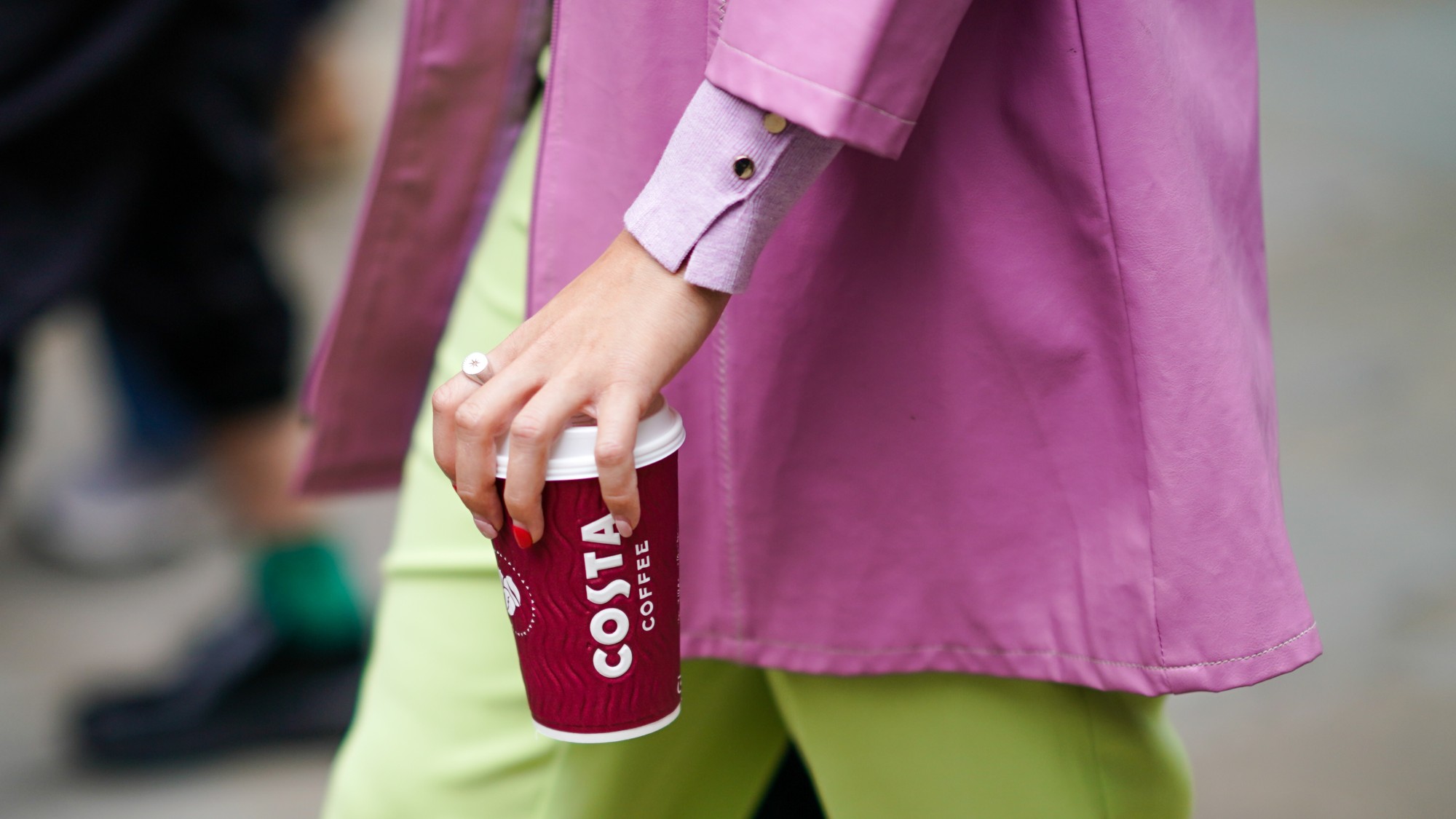
A free daily email with the biggest news stories of the day – and the best features from TheWeek.com
You are now subscribed
Your newsletter sign-up was successful
"If it sometimes feels as if there is a Costa Coffee in every town and city in the UK, that is because there almost is," said The Observer.
Britain's biggest high street coffee chain has more than 2,000 outlets and at least 14,000 self-service machines. They sell "millions of cups a week", yet despite this "market dominance". Coca-Cola, which bought Costa in 2018, is reportedly "considering offloading" it. Its global coffee sales fell 3% last year, mostly due to Costa's performance in the UK; its 2023 revenues were well below 2018 levels.
But Britain's "obsession with coffee shops certainly shows little sign of abating" – its £6.1 billion branded coffee-shop market reportedly grew by 5.2% in 2024, according to Allegra World Coffee Portal. Consumers want "higher-quality, artisan" coffee; smaller chains, independent sites and speciality houses are booming. "So have we reached peak coffee, or just peak Costa?"
The Week
Escape your echo chamber. Get the facts behind the news, plus analysis from multiple perspectives.

Sign up for The Week's Free Newsletters
From our morning news briefing to a weekly Good News Newsletter, get the best of The Week delivered directly to your inbox.
From our morning news briefing to a weekly Good News Newsletter, get the best of The Week delivered directly to your inbox.
Coffee sector in hot water
Costa was founded in 1971 by two brothers as a London roastery, supplying coffee to restaurants and caterers. By the time hospitality company Whitbread bought it in 1995, it was a chain with nearly 40 shops "dedicated to actual coffee", said The Telegraph's restaurant critic.
Coca-Cola bought Costa for nearly £4 billion – but now it is a "dowdy brand", a "proliferator of unnecessary volumes of milky liquid, obesity-inducing horrors" and foods that will "welcome you to an early grave".
Now, analysts told Sky News, the chain could sell for just £2 billion: a staggering loss.
But the whole coffee market is struggling: drought, crop failures and global supply shortages have pushed the price of coffee up to record highs, while the cost-of-living crisis has squeezed consumer budgets.
A free daily email with the biggest news stories of the day – and the best features from TheWeek.com
The sector has suffered from Rachel Reeves' Budget, said The Telegraph. The National Insurance "tax raid" and higher National Living Wage mean payroll costs have "absolutely rocketed". Inflation has surged since the pandemic, and energy-intensive coffee shops have also suffered from higher energy costs. But Costa has "found itself between a rock and a hard place" – losing business to cheaper chains like Greggs, which now has more than 2,600 sites, and to "premium competitors" like Gail's.
"And you know there's a problem when the world's biggest coffee chain, Starbucks, is suffering," said The Grocer. Britain has more than 1,200 outlets, but last year the chain recorded a £35 million loss in the UK and a 4% decline in revenue.
It's an "undeniably tough market" for hospitality in general. But the key difference in such a "competitive and overcrowded" market? Unlike Starbucks, Caffè Nero and Pret A Manger, Costa "missed out on one of the biggest trends in recent years: the viral matcha iced latte".
The 'meteroric' rise of matcha
Around the world, coffee chains are struggling with the "meteoric" rise of matcha, said World Coffee Portal. It's easy to see the appeal. "Matcha is highly caffeinated, visually appealing, a versatile flavour canvas and boasts health benefits that would make a kale smoothie blush."
Costa's high street rivals, as well as premium chain Gail's and smaller ones like Blank Street Coffee, "jumped on the trend", said the BBC. Blank Street, which began in 2020 as a "tiny coffee cart in the garden of a Brooklyn diner", now has 35 stores in London. It reported a 27% growth in outlets last year, its popularity "driven by its TikTok appeal", with its "minty-fresh decorated cafes" and "pastel-hued drinks".
The rise of smaller chains and artisanal independent stores has "eaten into the share" of the major chains, said Clive Black, vice chair of independent investment group Shore Capital.
A "luxury drink as an affordable treat", a trend that emerged after the pandemic, has only grown, said the BBC – but a "straight-up latte isn't a treat", said Clare Bailey, independent retail analyst.
With so much choice, and the rising popularity of home coffee machines, "competition to attract customers heats up", said the BBC. "And when a coffee can cost you the best part of £5, you expect something you can't make yourself."
"The real energy in the market is coming from the independents and speciality roasters, Sahar Hashemi, who co-founded Coffee Republic (one of Britain's first modern coffee-shop chains), told The Observer. There are "people queuing on the street" for a Blank Street coffee, because the "indy-styled chains are offering a lifestyle experience."
Harriet Marsden is a senior staff writer and podcast panellist for The Week, covering world news and writing the weekly Global Digest newsletter. Before joining the site in 2023, she was a freelance journalist for seven years, working for The Guardian, The Times and The Independent among others, and regularly appearing on radio shows. In 2021, she was awarded the “journalist-at-large” fellowship by the Local Trust charity, and spent a year travelling independently to some of England’s most deprived areas to write about community activism. She has a master’s in international journalism from City University, and has also worked in Bolivia, Colombia and Spain.
-
 Political cartoons for February 15
Political cartoons for February 15Cartoons Sunday's political cartoons include political ventriloquism, Europe in the middle, and more
-
 The broken water companies failing England and Wales
The broken water companies failing England and WalesExplainer With rising bills, deteriorating river health and a lack of investment, regulators face an uphill battle to stabilise the industry
-
 A thrilling foodie city in northern Japan
A thrilling foodie city in northern JapanThe Week Recommends The food scene here is ‘unspoilt’ and ‘fun’
-
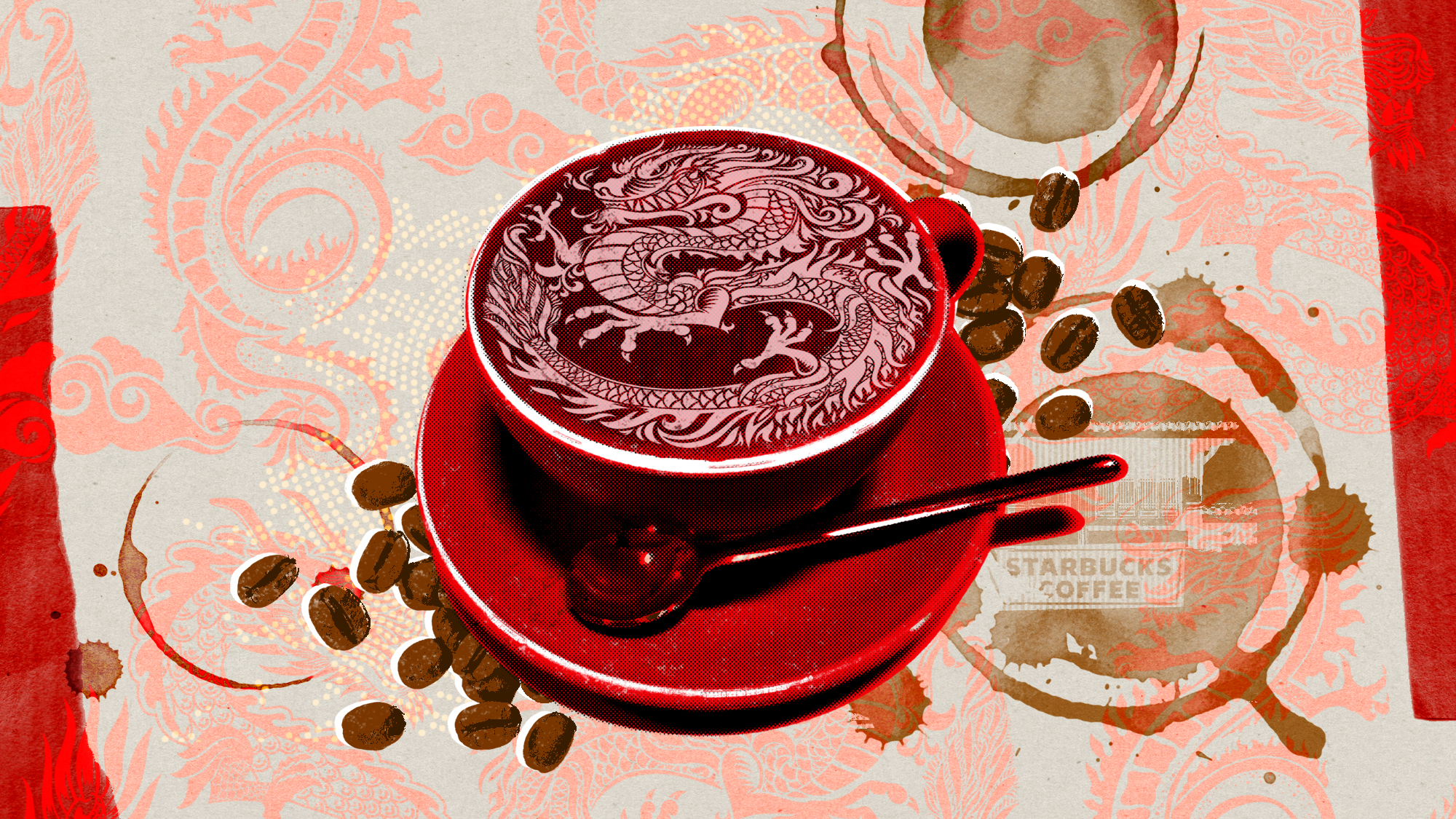 China’s burgeoning coffee culture
China’s burgeoning coffee cultureUnder The Radar Local chains are thriving as young middle-class consumers turn away from tea
-
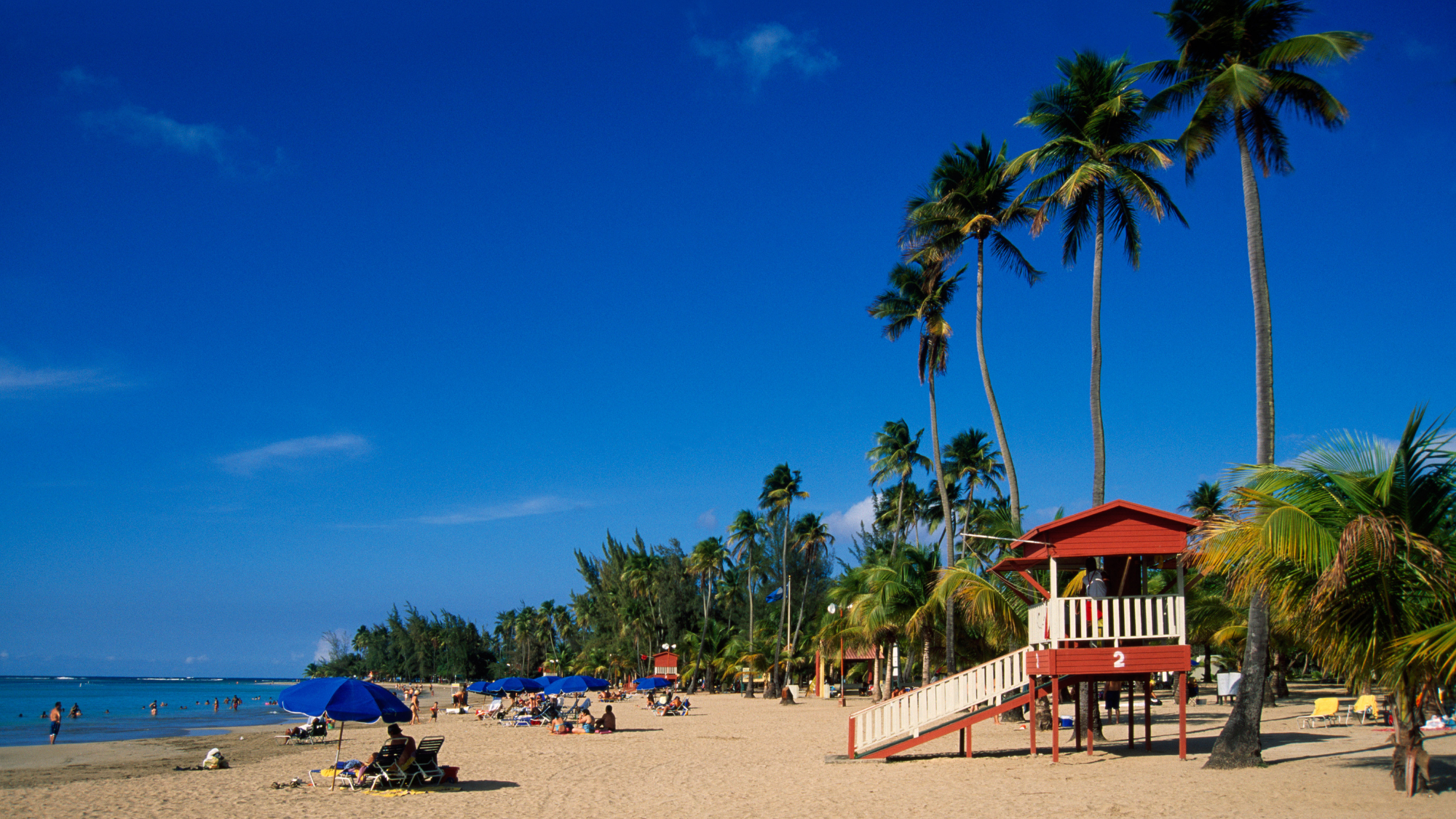 Embrace the Boricua spirit on a foodie tour of Puerto Rico
Embrace the Boricua spirit on a foodie tour of Puerto RicoThe Week Recommends From cultural food tours to organic farms, there is plenty to discover around the island
-
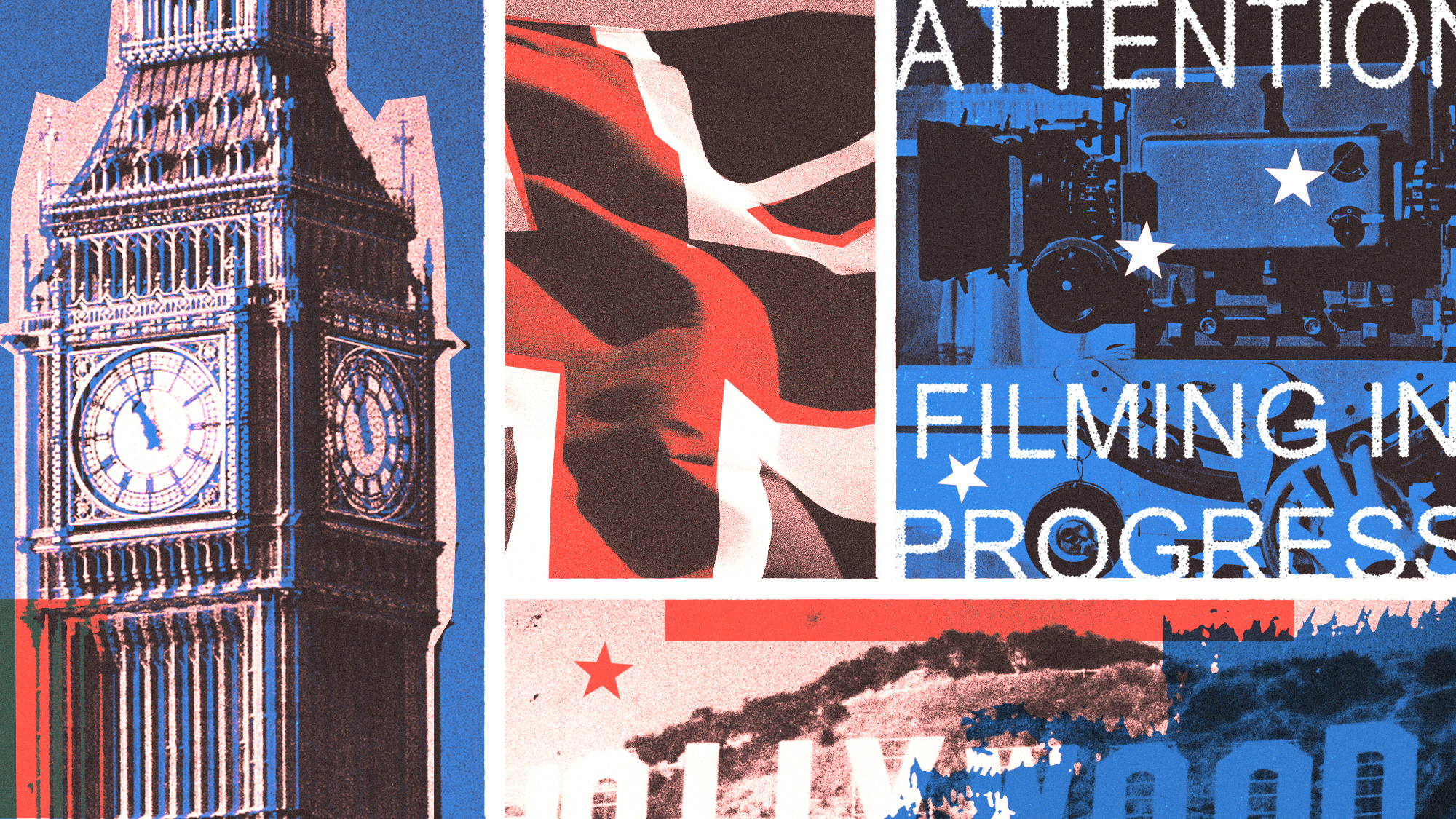 Hooray for Brollywood: the UK’s film industry is booming – for now
Hooray for Brollywood: the UK’s film industry is booming – for nowIn The Spotlight US production giants are flocking to film in British studios but Trump tariffs could threaten end of golden era
-
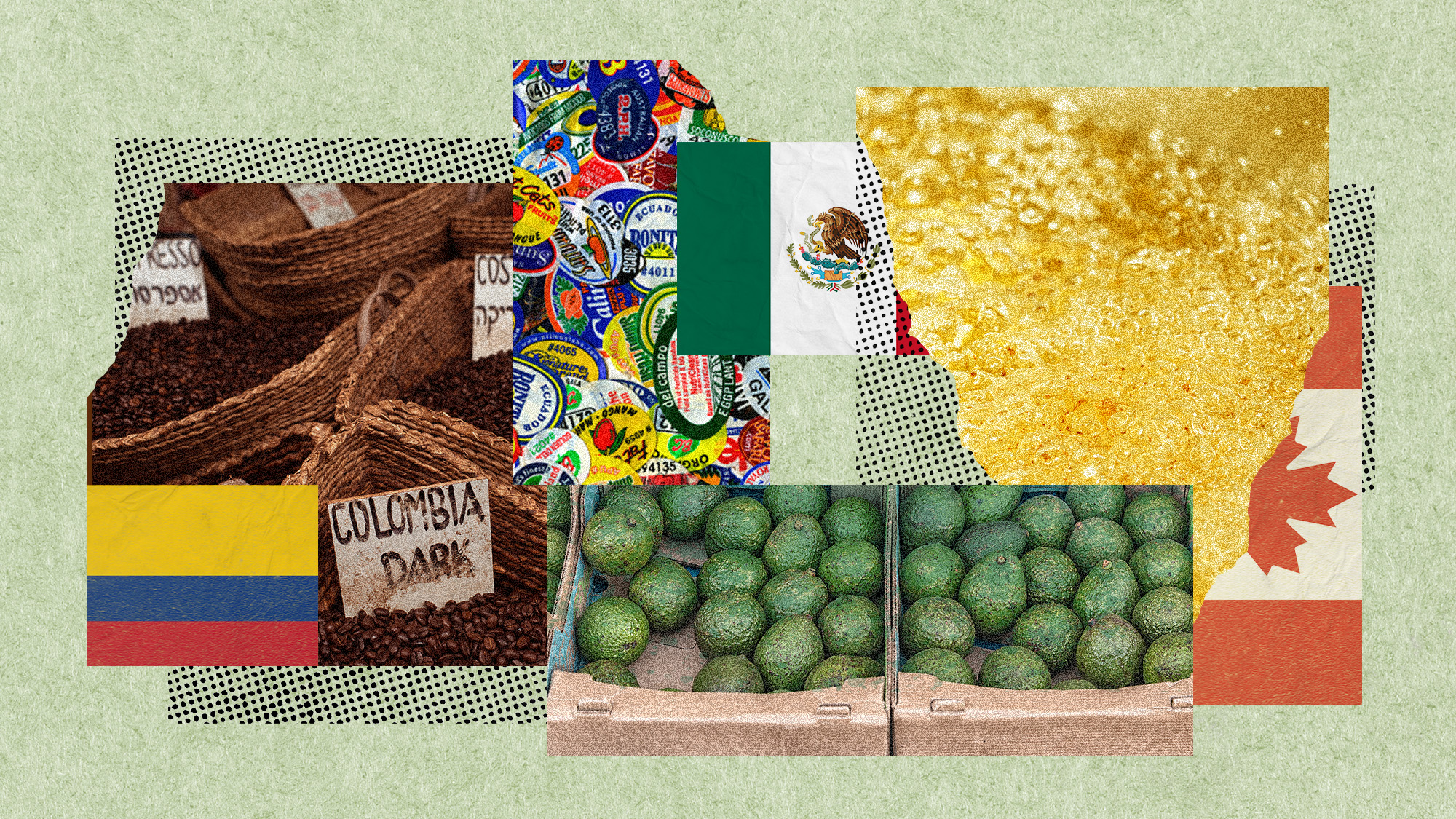 US foodies brace for tariff war
US foodies brace for tariff warUnder The Radar Shoppers stocking up on imported olive oil, maple syrup and European wine as price hikes loom
-
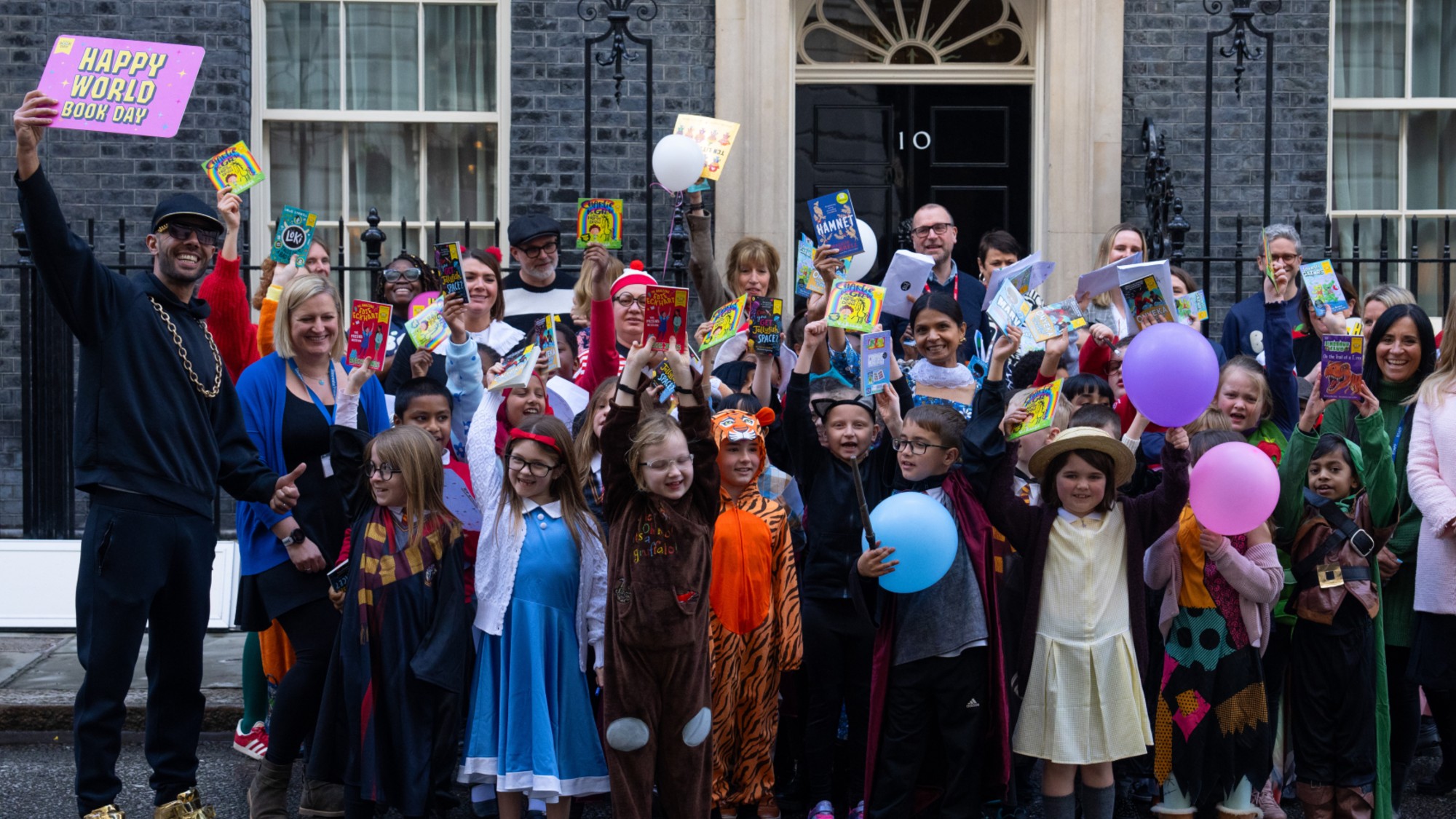 Has World Book Day become a 'horror show'?
Has World Book Day become a 'horror show'?Talking Point Annual event to encourage children to read for pleasure is sore spot for parents under 'growing pressure' to create character costumes
-
 Will Amazon destroy James Bond?
Will Amazon destroy James Bond?Talking Point Broccoli family yields control of franchise to tech giant, sparking fears of corporate 'Americanisation' of beloved British icon
-
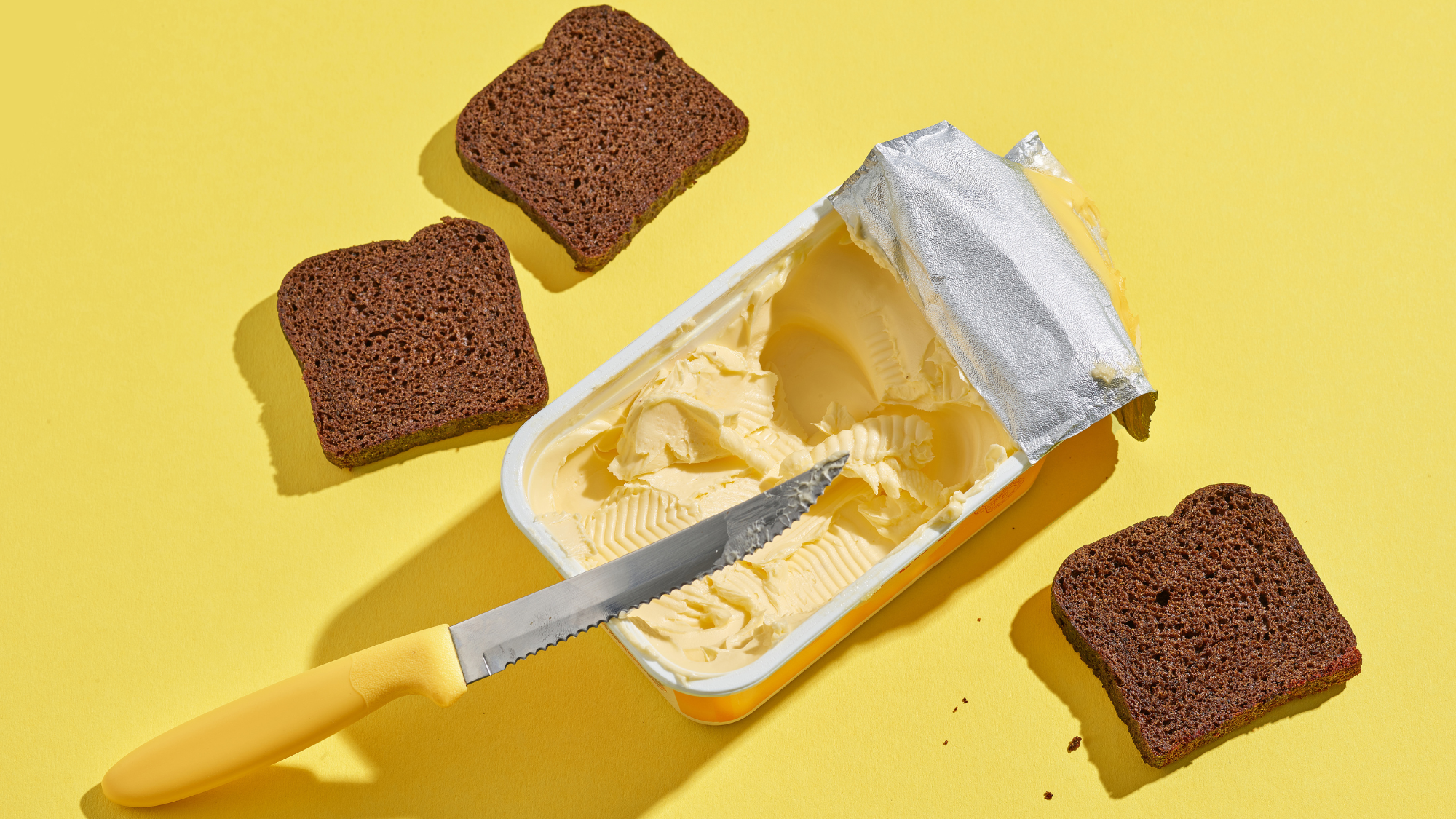 Beyond butter: quirky spreads to jazz up your toast
Beyond butter: quirky spreads to jazz up your toastThe Week Recommends From coffee paste to black sesame praliné, these tasty toppings are shaking up the spreads market
-
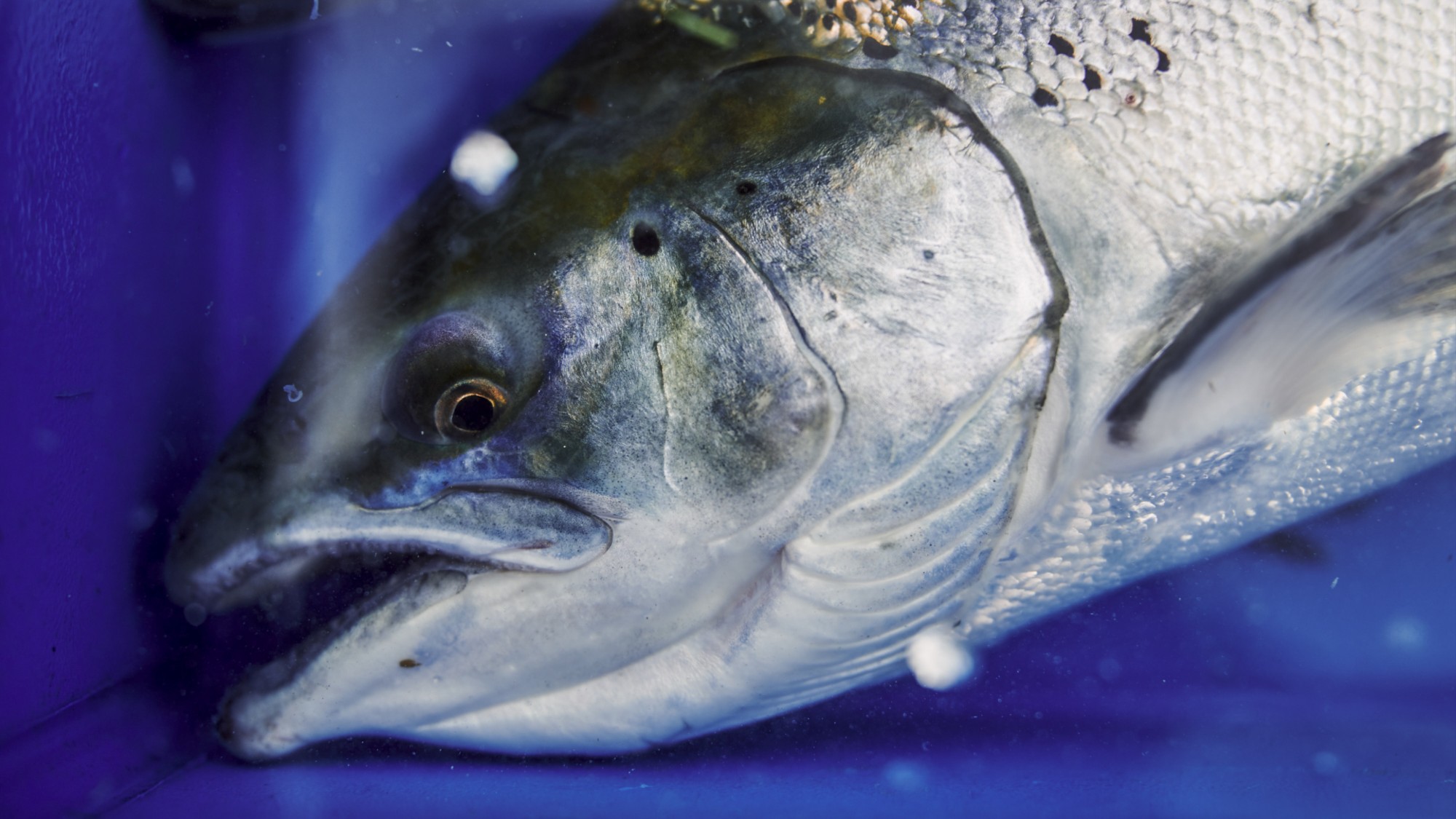 The dark side of salmon farming
The dark side of salmon farmingIn the Spotlight Scottish salmon is the UK's biggest global food export, but concern is growing over record-high death rates, escapes and environmental impact